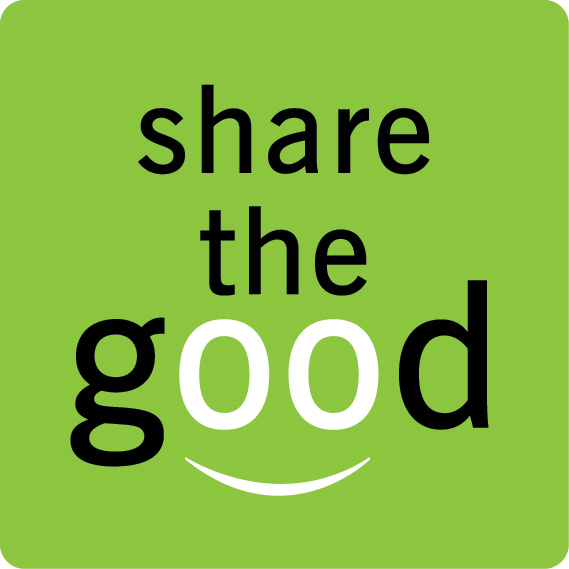Havoc in the Net
By Devansh Batra, Batch of 2021
Content is the king. Or is it?
We are all well acquainted with the video clip of a 13-year-old kid, which has undergone fervid circulation on social media over the last few months. The clip is an excerpt from the documentary – ‘Nashebaz, The Dying People of Delhi’. Interestingly the documentary has an IMDb rating of 8.1, which is indeed quite impressive. A natural question arises – as a highly enabled audience after the advent of social media, how sensitive are we to the acuteness of the issues that the content we see raises? Kamlesh, the child being interviewed in the clip, is precariously addicted to a cheap narcotic solution openly available in the market. The fact that the documentary was recorded 6 years ago is a testimony to the abundance of cheaper narcotics in the mainstream market.
I do not claim that I was as conscious of the background of this clip originally, but I also did not take it light-heartedly when I first came across it as a meme.
Lately, ‘content creation’ has been heralded as an up-and-coming genre of entertainment. With an unparalleled reach and an influenceable audience, these creators hold immense power today. Their reach owes its existence to the share button on our phones. Therefore, as consumers we wield a collective power as well. “With great power comes great responsibility” – although a quote from a fictional character conceived several decades ago, it has all the more significance today in the digital age.
Events like demonetisation, GST, and the US elections enjoyed considerable popularity and were unforgivingly blessed with similar hilarious memes although by a more responsible group of creators – TV journalists, late night talk shows, political columnists, and so on. Owing to their professionalism, the viewers were reasonably conscious about the subject involved, although in part because the issue affected them more directly. I am sure most readers will be well aware of the fact that Trump has not revealed his tax records but I doubt half as many readers have any knowledge of the true contents of Kamlesh’s Soluchan (It’s the same as the fluid in your whiteners).
You may understandably argue that I am over-emphasizing this seemingly trivial issue. However, please bring to your attention the fact that over 500 people enthusiastically gathered at the Connaught Place to shout out the lyrics of a blatantly sexist song which highlights sexual harassment, at the top of their voices. A taste in music or art forms that is ‘different’ from the more conventional ones is comprehensible. But if it contains even the most minute measure of socially-appalling themes, it calls for a responsible action from the viewers at once. A song that objectifies women and promotes harassment should be reported instantly lest it becomes an internet sensation rocking the ‘cringe-pop’ genre.
Agreed, there is a long way to go before we see more mature forms of content outrightly thrash inconsiderate and inauthentic online trends for good, however, it is encouraging to see several media literacy education campaigns led by able organisations as well as cognizant individuals coming up worldwide. And I am confident that such awareness movements will catch up in India as well and make a significant difference in the way we, as responsible and entitled citizens, create and share our content.

